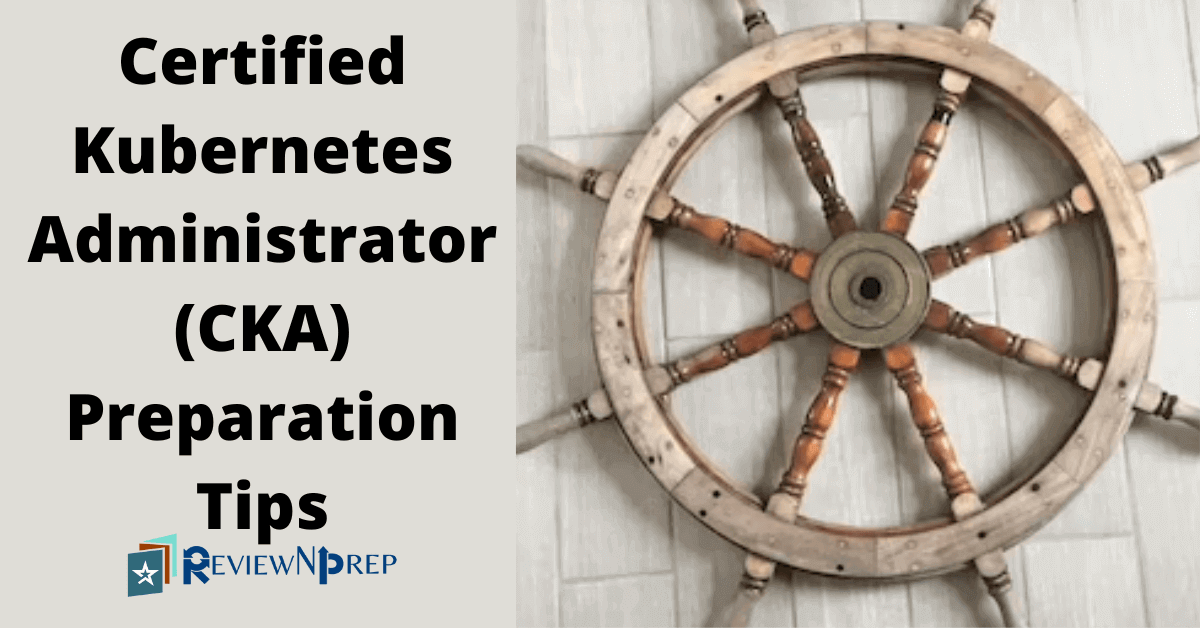|
|
The Certified Kubernetes Administrator (CKA) exam aims at bringing standardization into the Kubernetes community, which has led to the large-scale adoption and use of Kubernetes. Passing the certification exam can be a rewarding experience that contributes to personal growth in the longer term.
CKA is a much sought after certification in DevOps as it is a practical exam and passing this exam needs some true hand-on practice. If you are aspiring to become a DevOps engineer, CKA is a great certificate to have.
This blog has all the details to get you started.
Table of Contents
CKA Certification Exam Details
Exam Cost: $375 USD
Passing Score: A score of 66% or above must be earned to pass.
Certification Validity: CKA Certification is valid for 3 years.
Retake Policy: You get a maximum of 2 attempts (per exam registration) to give the test. If you miss a scheduled exam for any reason – your second attempt gets nullified.
Exam Format: Practical hands-on labs certification exam
Tips for CKA Exam Preparation
If you’re gearing up for the Kubernetes Certified Administrator (KCA) exam, there are a few key things you need to do to prepare. Here are some tips:
1. Research the material
There’s a lot of material covered in the CKA exam, so it’s important to familiarize yourself with all of the concepts and terminology. Also, there are a lot of commands that you might need for this hands-on exam.
You shouldn’t just know the basic concepts; you should know where to find a particular case in the official documentation. Bookmark this official cheat sheet page well.
2. Practice, practice, practice
The best way to learn is by practicing. You can also use simulations or virtual machines to practice in a controlled environment. Set up your own local kubernetes cluster (hands-on labs) using minikube, microk8s or kind for practicing and getting familiar with Kubectl commands and YAML Files. As you are learning, use Imperative commands over Declarative way. This is much faster and efficient.
In the actual exam, you will have approximately 6 minutes to answer each question. Ideally, you should spend less than 5 minutes to complete each question and 1 minute to verify yourself and resolve the issues if it is necessary.
PRO TIP: Bookmark all the necessary URLs from the Kubernetes docs site, since it will save time in searching things at the last moment.
3. Take the practice exams
In addition to practicing, taking a mock exam is another great way to gauge your progress and verify that you’ve mastered the material. There are multiple free practice exams available online, as well as paid exams from various providers. Below are some links for courses (free and paid):
- Free Introduction to Kubernetes course
- Mumshad’s course on Udemy
- Free Jason Path Quiz
- Training on GitHub
4. Stay up-to-date with changes in Kubernetes
As Kubernetes evolves over time, it’s important that you’re aware of any changes so that you can keep up with them and learn from them if necessary. The curriculum may change with every K8s release. Make sure you have the latest exam guide from CNCF.IO. You can download the official CKA guide on GitHub.
PRO TIP: Additionally, do not skip the official FAQs docs.
5. Important Links from CNCF.IO
Do not ignore these important official exam links from CNCF kubernetes. You don’t need to memorize any, but having a quick glance should do the trick here –
Exam Tips for CKA Certification
Below are some tips for your exam day:
1. While you can start with any question, it is advisable to start with questions that have a higher weightage. The aim is to achieve passing score of 66%. However, if you find yourself stuck, it’s better to note question number in notepad available within the environment and come back to it later.
2. Remember you can spend 6 mins on each question. So, to be more efficient setup alias for kubeclt and bash/zsh completion.
alias k=kubectl
alias ks='k -n kube-system'
alias krun="k run -h | grep '# ' -A2"
alias kgp="k get pod"
alias kgd="k get deploy"
alias kgs="k get svc"
alias kgn="k get nodes"
alias kd="k describe" alias kge="k get events --sort-by='.metadata.creationTimestamp' |tail -8"3. There’s a great video on the CNCF YouTube channel introducing the CKA exam environment that you should check out before your exam:https://www.youtube.com/watch?v=9UqkWcdy140
4. Enable kubectl auto completion
source <(kubectl completion bash)
echo "source <(kubectl completion bash)" >> ~/.bashrc5. Remember K8s certification is an open book exam. So, you can use the online documentation for reference during the exam.
Conclusion
For an experienced DevOps individual, Certified Kubernetes Administrator (CKA) Exam, shouldn’t take more than three weeks of preparation, provided you chalk out time everyday to study. For anyone just starting with Kubernetes, remember that Certification is secondary. Spend 2 months, giving yourself enough time to practice and learn. Your primary goal should be learning and being better at Kubernetes.
Good luck on your exam!
Further Learning: How to get Certified Kubernetes Application Developer (CKAD) explained in this blog
Blog

